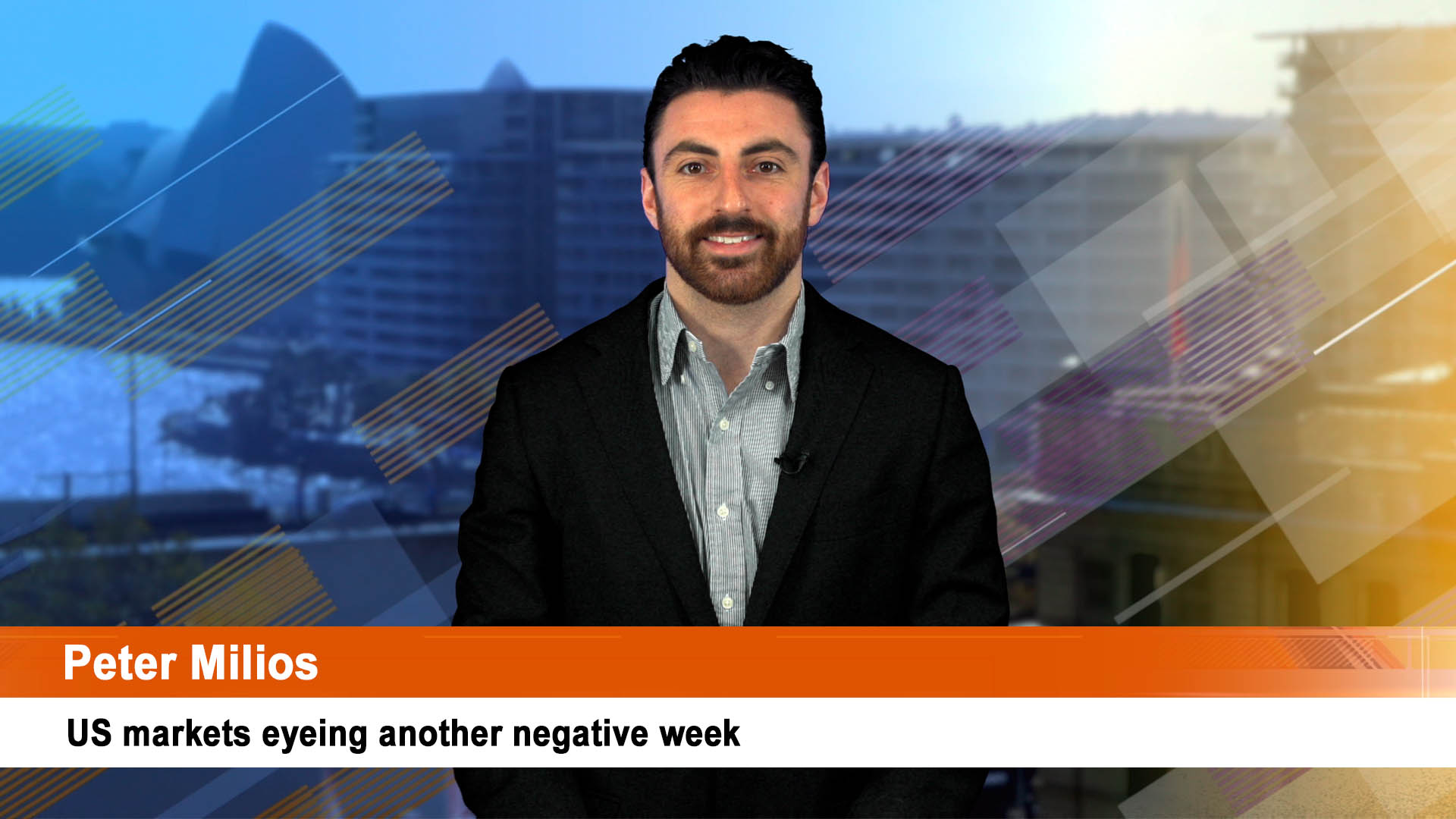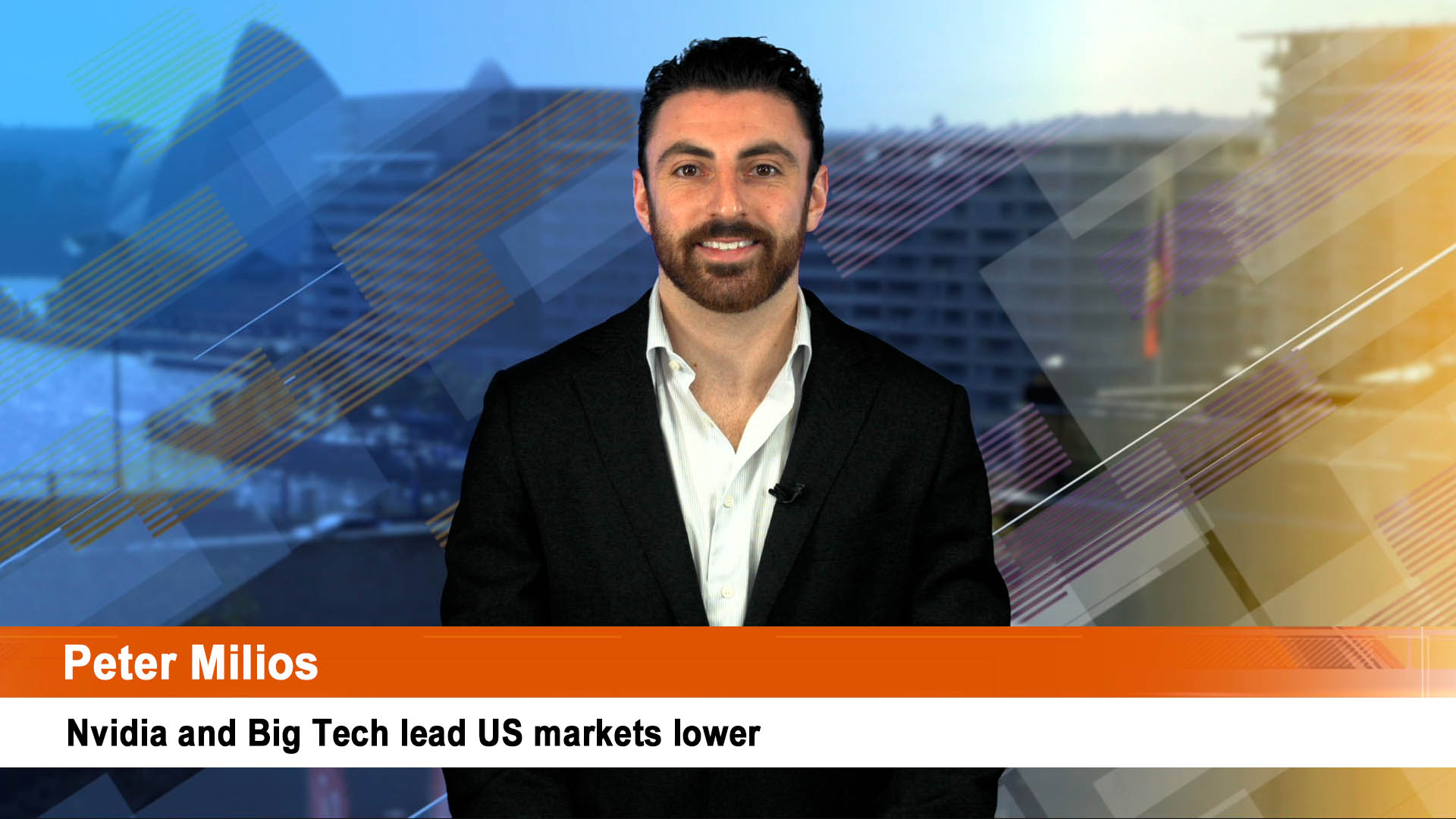Investment analysts have turned on the Commonwealth Bank, cutting their existing bullish forecasts for the first half profit after the bank’s surprisingly downbeat first quarter trading update saw a big selloff.
The pace of the selloff slowed on Thursday but the shares still ended in the red by around 1.5% to $97.46 to leave the shares in a correction – down amore than 10% from their most recent peak of $110.83 on November 8.
Thursday saw a number of analysts cut their forecasts for Commonwealth Bank profits after it flagged weakness in its profit margins during the three months to September.
The CBA’s sell-off was driven by one detail in the trading update for the September quarter – the comment that its net interest margin (NIM) – which compares funding costs with what the bank charges for loans – was “considerably lower”.
The bank reported net interest margin of 2.03% for the year to June (down 4 points from the previous year). The use of the phrase ‘considerably lower’ would suggest the NIM dropped well below 2%.
Broker reports on Thursday concluded the squeeze on margins is more than a one-off, as it reflects the fallout from a price war in housing mortgages.
Analysts cut their forecasts accordingly, reducing earnings forecasts by about 5%.
Morgan Stanley’s Richard Wiles, who is “underweight” on CBA, said in a note that the bank has been a better performer than rivals in recent years with a keen digital strategy, before adding: “Yet it is still a bank, operating in a low-growth and competitive market.”
Wiles said it will be hard for CBA to continue gaining market share and making wider margins than rivals in a world where its competitors are determined to stem their market share losses.
JP Morgan’s Andrew Triggs, who is also “underweight” on the stock, said in his note that interest rate rises are needed for banks’ net interest margins to improve.
Barrenjoey’s veteran bank analyst, Jonathon Mott, who is neutral on CBA, cut his forecasts for the bank’s net interest margin and earnings.
He said it was “hard to fundamentally justify” the valuation premium CBA enjoys compared with big bank rivals, pointing out it was trading at a 42% premium to the other major banks.
But as a couple of commentators have pointed out it was bank analysts who bulled up the CBA shares with their (now) overly optimistic commentary and assumptions after the solid 2020-21 results and the $6 billion buyback.













